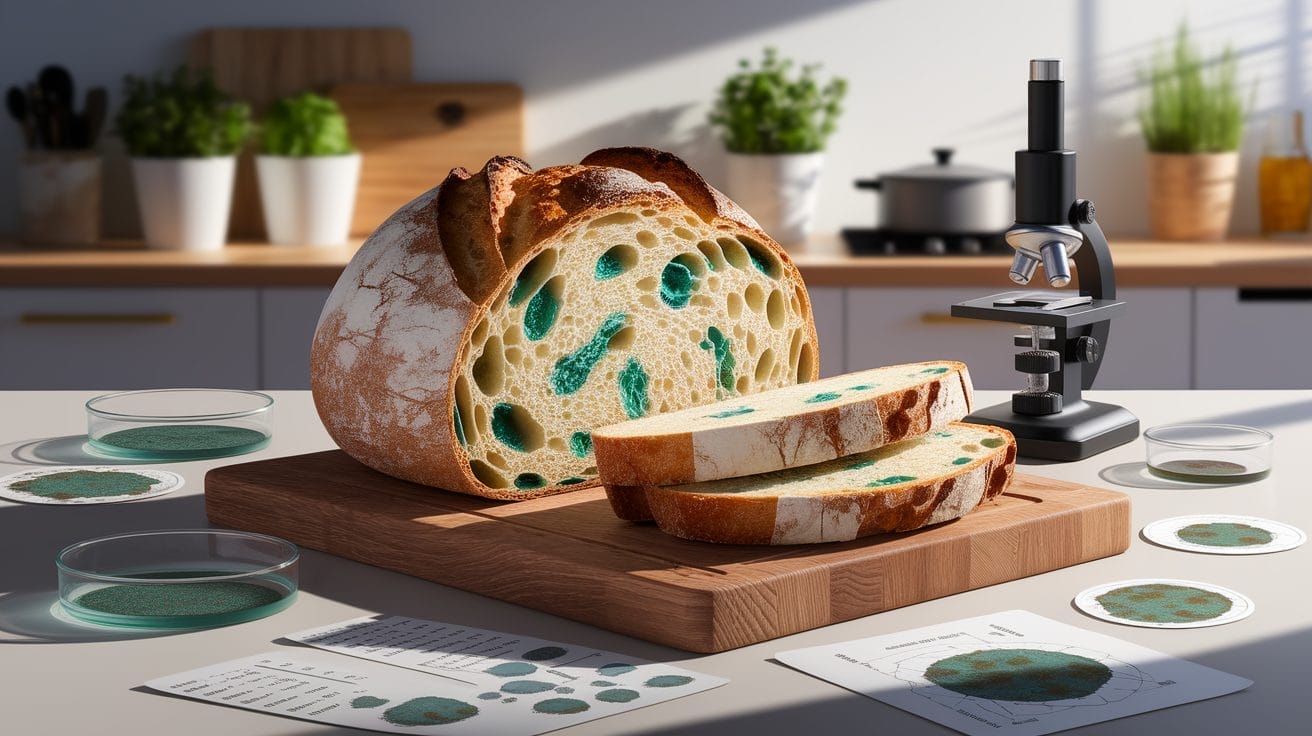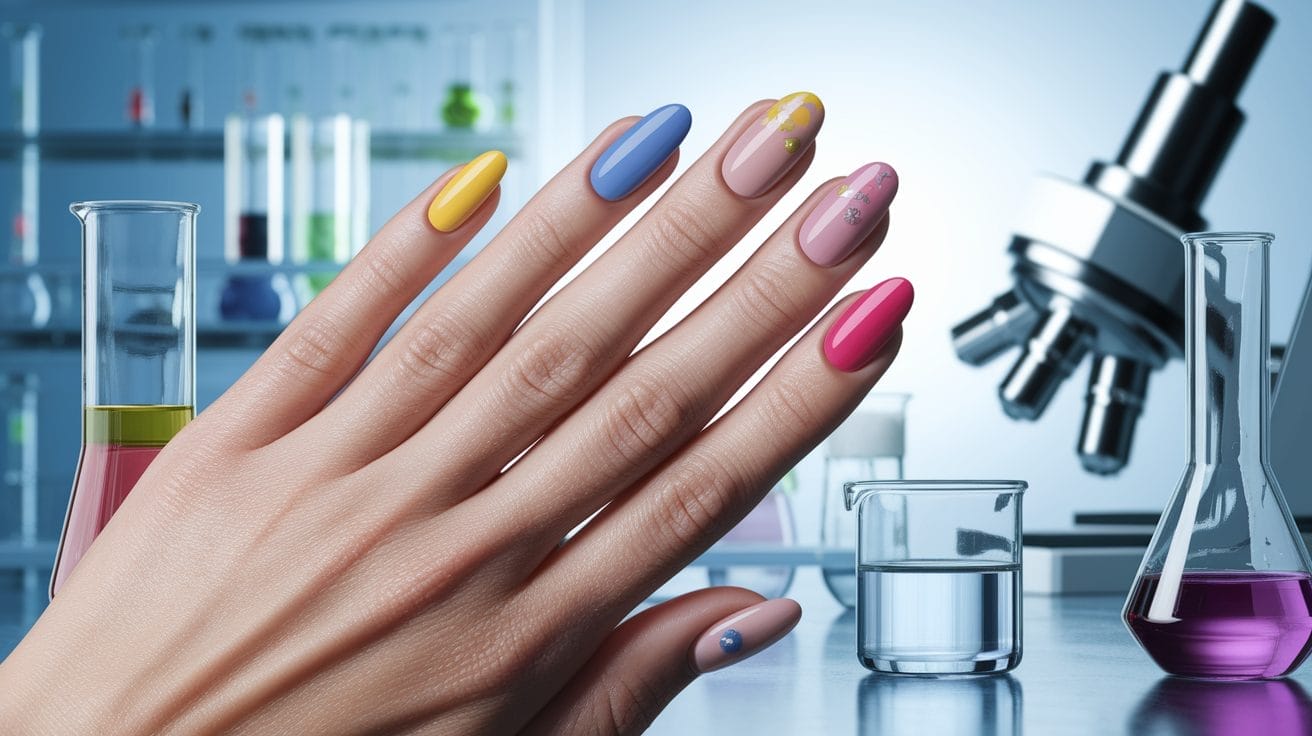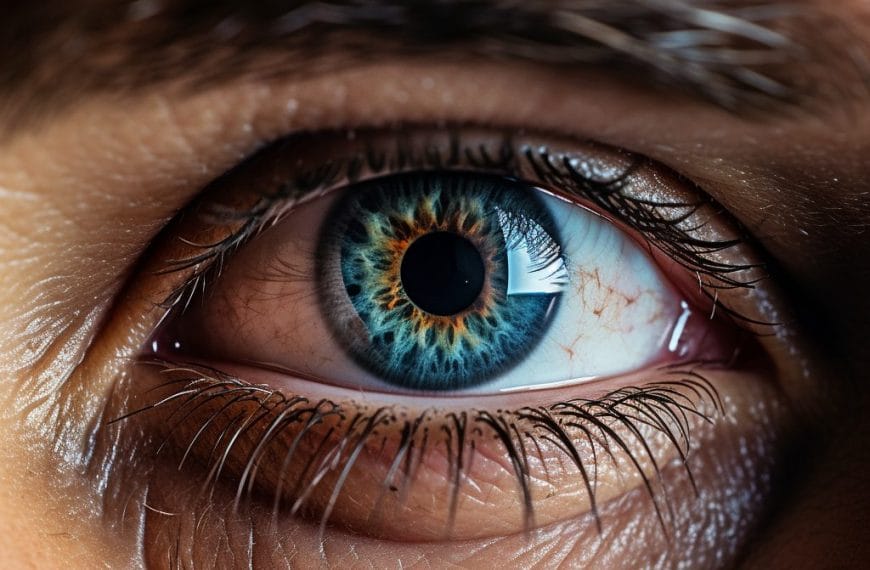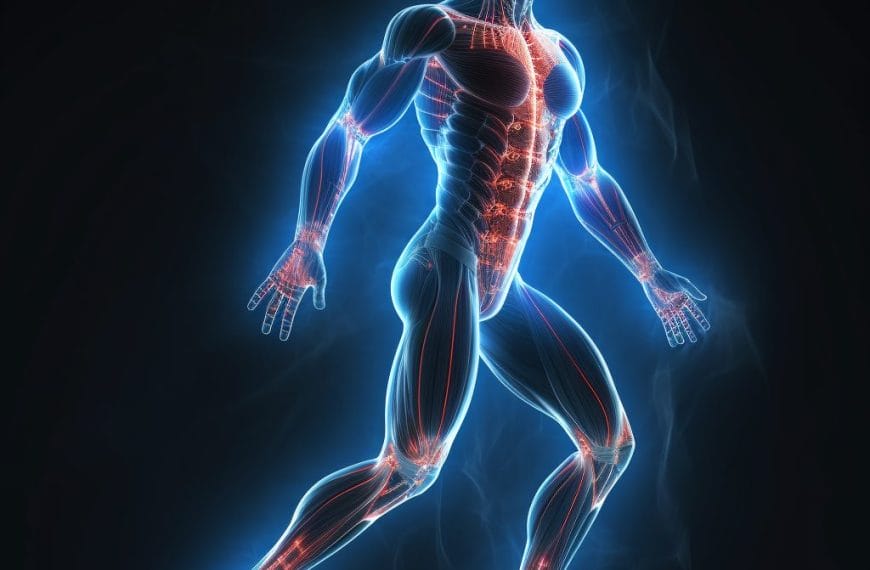Feeling Like a Mosquito Magnet? The Quick Scoop
Some people seem to be irresistible to mosquitoes, while others barely get bitten at all. This comes down to a mix of body chemistry, invisible scents, and physical signs we give off without realizing it. Factors like skin bacteria, sweat compounds, carbon dioxide, body heat, and even genetics all play a role in why certain people get more attention from these blood-sucking insects.
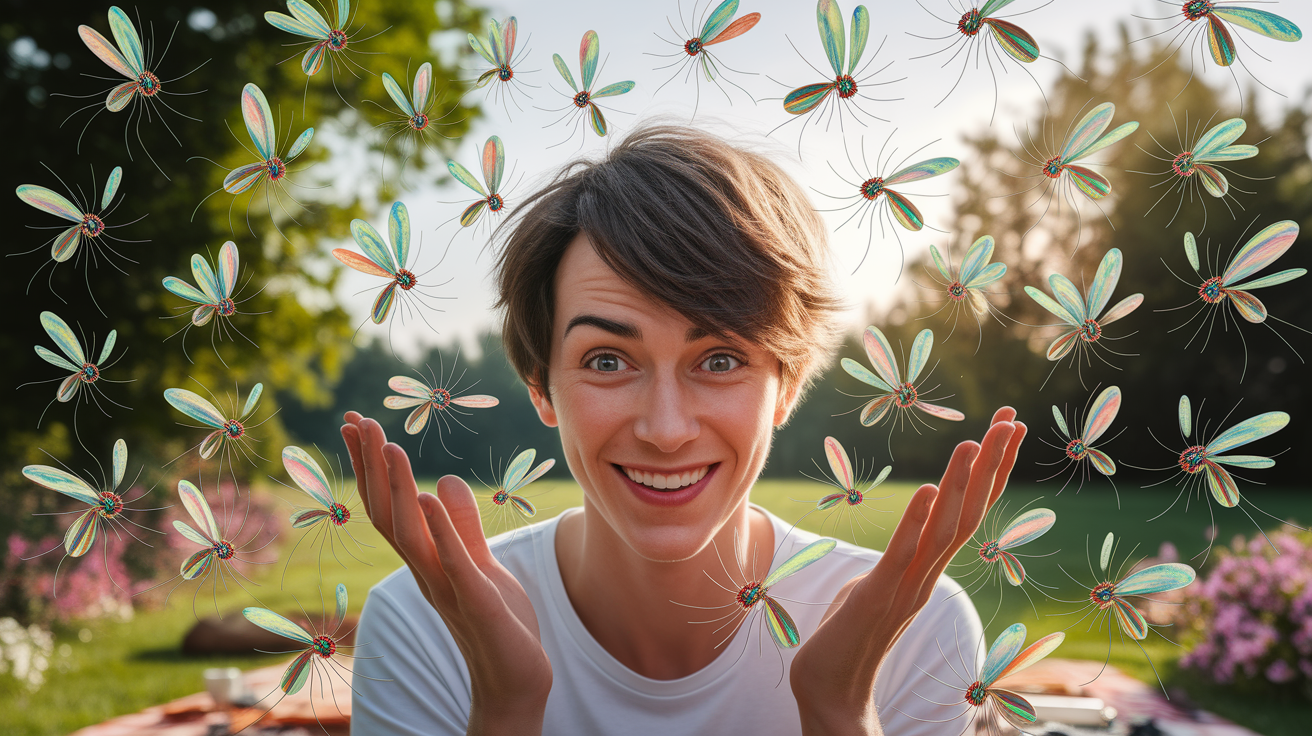
The Smelly Science: How Skin Bacteria Shape Your Odor
Your skin isn’t just skin – it’s home to millions of bacteria that quietly influence how you smell to mosquitoes. These microbes break down compounds in sweat and skin secretions into volatile chemicals that mosquitoes detect with astonishing sensitivity.
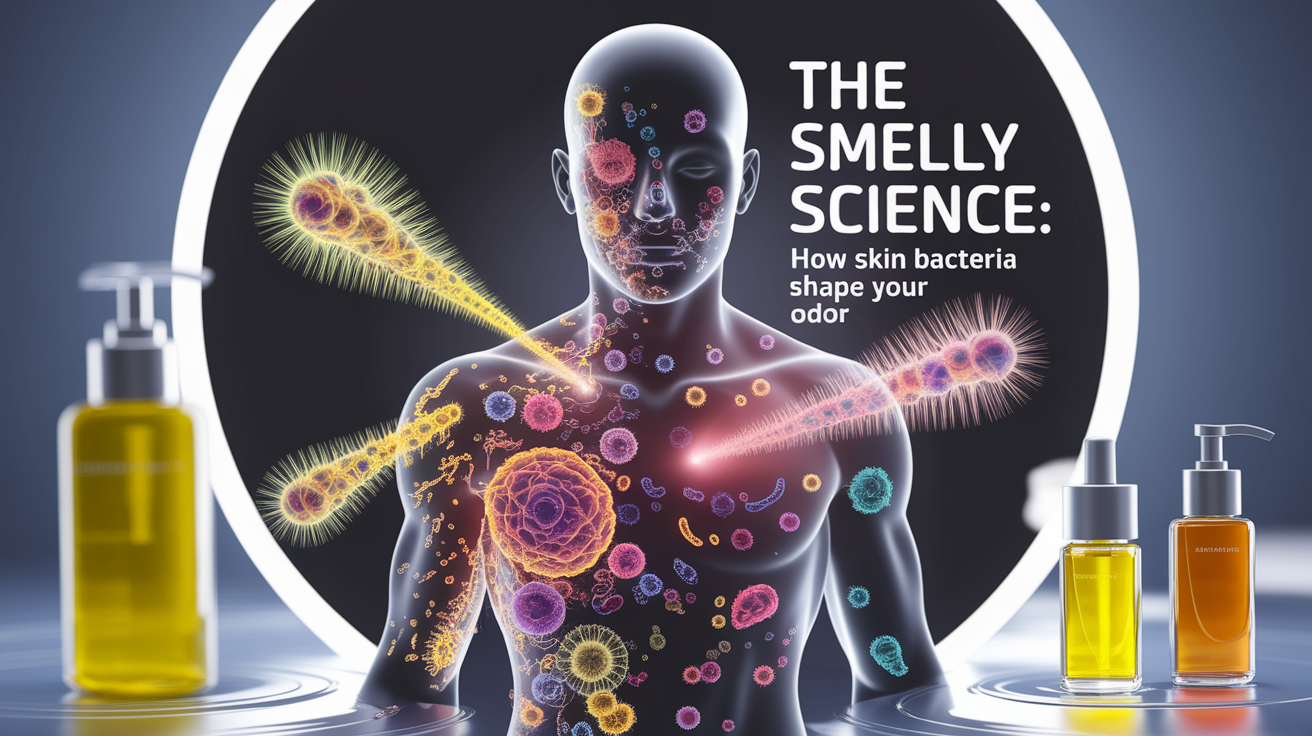
According to research on skin microbiota, people with a lower diversity but higher abundance of certain skin bacteria tend to produce odors that attract more mosquitoes. In contrast, more diverse skin bacteria communities can reduce attraction.
- Skin bacteria metabolize sweat chemicals into scents that mosquitoes love.
- Specific bacterial profiles can make your skin aroma especially enticing.
- Higher bacterial diversity might dilute or alter those attractive odors.
This is why mosquito attraction isn’t just about how much you sweat – it’s about how your skin bacteria process those sweat compounds into fragrant signals.
Breathing You In: Carbon Dioxide and Body Heat
Mosquitoes are experts at following a trail of carbon dioxide (CO₂) straight to their next meal. Every breath you exhale sends out a plume of CO₂ that they can sense from many meters away. Humans emit varying amounts of CO₂ depending on their metabolism, activity level, and health state.
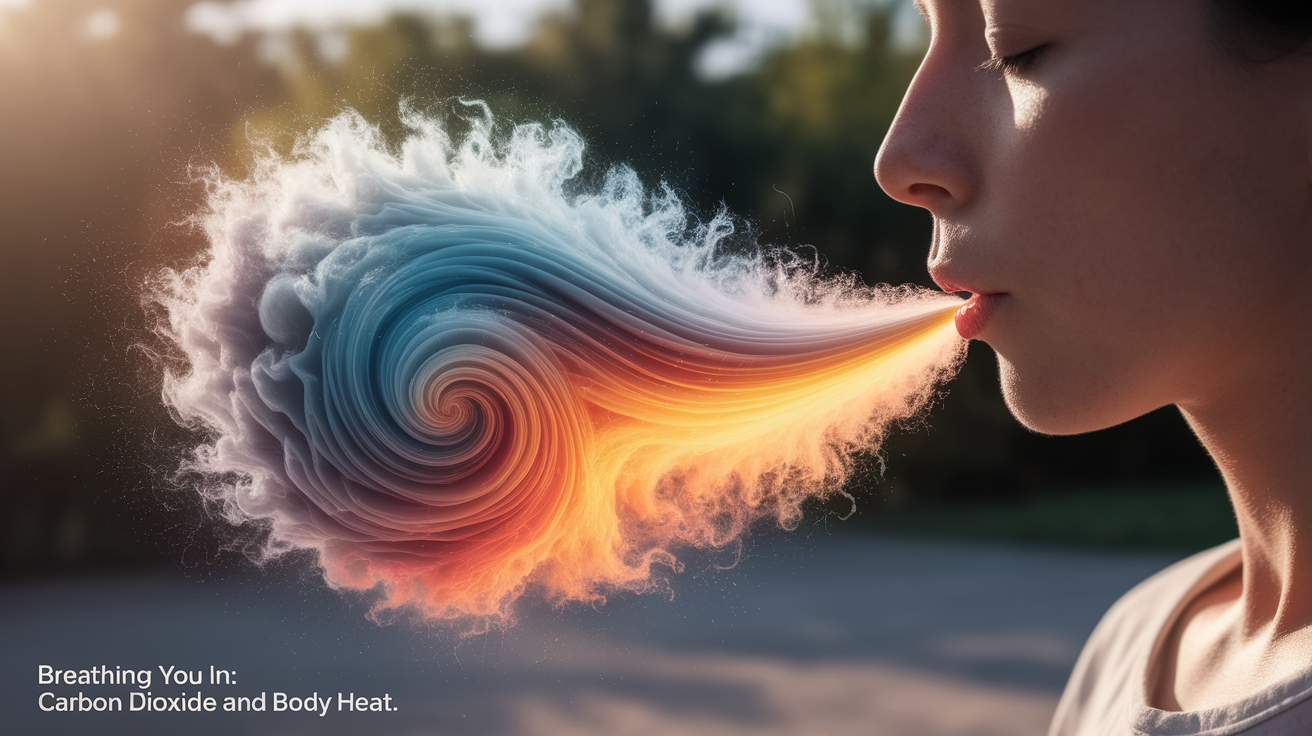
Studies on mosquito detection show that pregnant women, for example, release about 20% more CO₂, making them more noticeable to mosquitoes. Body temperature adds another layer: warmer skin can help mosquitoes zero in on their target.
- Higher metabolic rates increase CO₂ output.
- Pregnancy boosts both CO₂ and body heat, enhancing attraction.
- Environmental heat or fever brings skin warmth that mosquitoes detect.
In short, if you’re warmer and breathe out more CO₂, you’re easier for mosquitoes to find.
Sweat Chemistry: The Invisible Lure
Sweat starts off odorless, but when your body produces it—particularly via your eccrine glands during activity or heat—it carries compounds mosquitoes find enticing. Key attractants include lactic acid, ammonia, and uric acid.

As highlighted by mosquito attraction studies, these chemicals vary widely between people due to genetic makeup, diet, and skin microbiota differences.
- Lactic acid: common in sweat after exercise, a powerful mosquito lure.
- Ammonia and uric acid: byproducts of metabolism that mosquitoes detect.
- Volatile organic compounds: subtle scents from sweat that aid mosquito host selection.
More intense sweating or certain metabolic conditions can ramp up these chemicals, making your scent profile more noticeable to nearby mosquitoes.
Born This Way: Genetics and Physiological States
Your genetic blueprint shapes everything from body odor compounds to sweat chemistry. It’s why identical twins attract similar numbers of mosquitoes—they share the same scent signatures. Genetics can influence the amount and type of mosquito attractants your body produces.
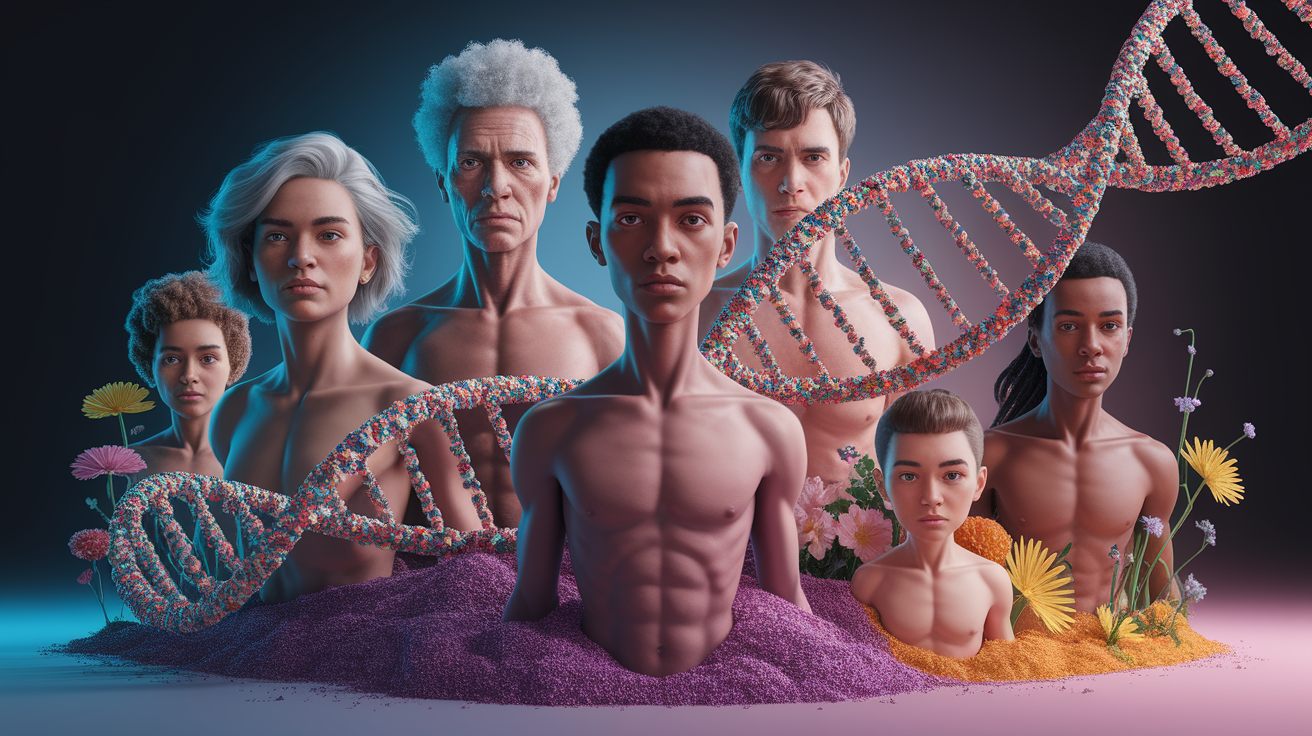
Physiological states matter, too. According to scientific reviews, pregnancy raises CO₂ output, body temperature, and can shift hormonal balances, all of which appeal to mosquitoes.
- Genetic traits dictate body chemistry and odor profiles.
- Pregnancy amplifies multiple mosquito attraction cues simultaneously.
- Certain infections, like malaria, can alter odor chemistry toward mosquito appeal.
This means your personal risk of mosquito bites can be built into your biology and temporarily boosted by life stages or health conditions.
Beyond the Basics: Diet, Alcohol, and Lifestyle
Beyond biology, lifestyle choices can subtly shift how attractive you are to mosquitoes. Drinking beer, for instance, has been linked to increased bites—possibly because of changes in skin odor and metabolism soon after consumption.
- Alcohol consumption: beer may raise body temperature and alter scent profiles.
- Diet: foods rich in certain compounds can impact sweat chemistry.
- Clothing: dark outfits make you more visible to mosquito vision systems.
These extras don’t replace the main attractants, but they can tip the scales if mosquitoes are already paying attention to you.
Last Bite: Tips to Dissuade Mosquitoes
While you can’t change your genetics, you can tweak habits and protection methods to reduce mosquito interest.
- Use proven insect repellents containing DEET, picaridin, or oil of lemon eucalyptus.
- Wear light-colored, loose-fitting clothes to stay less visible and cooler.
- Minimize outdoor activity during peak mosquito hours (dawn and dusk).
- Keep fans running—mosquitoes struggle to fly against air currents.
- Shower after exercise to reduce sweat compound buildup.
These adjustments can help tilt the odds toward fewer itchy encounters, turning you from a mosquito magnet into a harder target.


